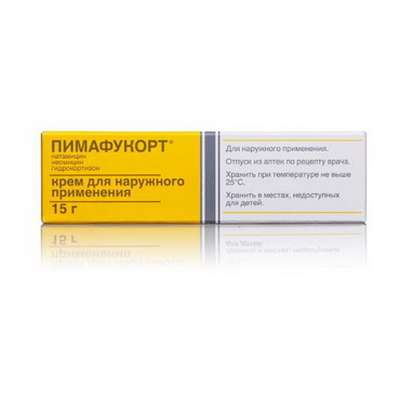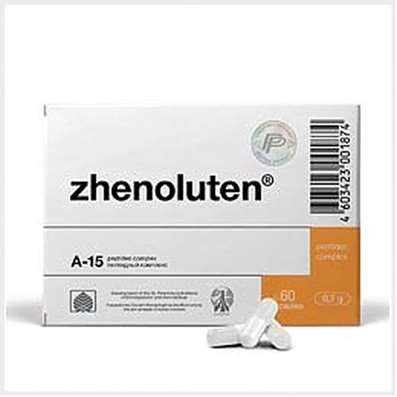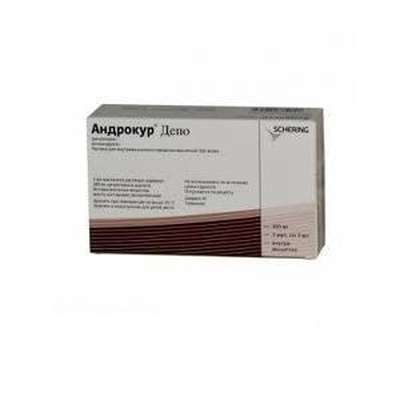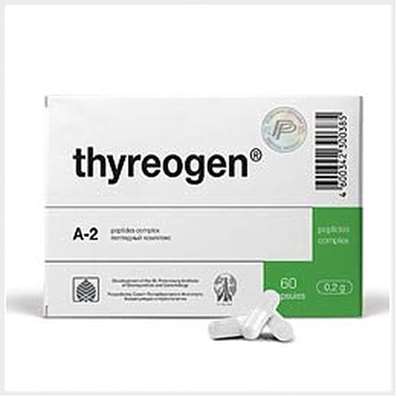Instruction for use: Cyanocobalamin
I want this, give me price
Dosage form: Semi-finished products-granules; Solution for injection; Substance-powder
Active substance: Cyanocobalaminum
ATX
B03BA01 Cyanocobalamin
Pharmacological groups:
Vitamins and vitamin-like remedies
Stimulators of hematopoiesis
The nosological classification (ICD-10)
D50 Iron deficiency anemia: Iron deficiency in food; Anemia due to violations of hemoglobin synthesis and iron metabolism; Anemia of iron deficiency; Iron / folic deficiency anemia; Iron deficiency anemia
D50.0 Iron deficiency anemia secondary due to loss of blood (chronic): Anemia posthemorrhagic; Anemia in chronic hemorrhage; Chronic blood loss in the digestive tract; Posthemorrhagic anemia
D51 Vitamin-B12-deficiency anemia: Vitamin-B12 deficiency anemia; Macrocytic vitamin-B12-deficiency anemia; Anemic pernitic
D52 Folic deficiency anemia: Folate deficiency anemia; Combined iron-folic-B12-deficient anemia; Macrocytic anemia; Iron / folic deficiency anemia
D64 Other anemia: Erythrocyte anemia; Erythroid hypoplastic anemia; Anemia due to erythropoietin deficiency; Anemia in metabolic disorders of erythrocytes; Anemia; Autoimmune anemia; Idiopathic anemia
E53 Insufficiency of other B vitamins B: Hypovitaminosis B; An additional source of B vitamins; The source of vitamin B group; Secondary deficiency of B-complex vitamins; Increased demand for B vitamins
E53.8.0 * Vitamin deficiency: Hypovitaminosis; Deficiency of iron and folic acid in pregnancy; Deficiency of folic acid; An additional source of folic acid during pregnancy; Folate deficiency; Increased need for folic acid; Folinic hypovitaminosis
G12.2 Motor neuron disease: Tropical spastic paraparesis; Amyotrophic lateral sclerosis; Bulbar Pallas; Bulbar palsy; Amyotrophic lateral sclerosis; Diseases of motor neurons; Amyotrophic lateral sclerosis; Low-Gehrig's disease;Charcot's disease; Amyotrophic amyotrophic sclerosis; Sclerosis lateral primary; Progressive pseudobulbar palsy; Progressive bulbar palsy; Primary lateral sclerosis
G35 Multiple Sclerosis: Disseminated Sclerosis; Multiple sclerosis; Recurrent multiple sclerosis; Secondary-progressive multiple sclerosis; Exacerbation of multiple sclerosis; Mixed forms of multiple sclerosis
G50 Lesions of the trigeminal nerve
G54.1 Lesions of the lumbosacral plexus: Lumbosacral radiculitis; Neuralgia of radicular origin; Pathology of the spine; Radiculitis of the lumbosacral; Radiculoneuritis
G60-G64 Polyneuropathies and other disorders of the peripheral nervous system
G80 Cerebral Palsy: Cerebral Palsy; Children's cerebral palsy
G95.9 Disease of spinal cord, unspecified: Degenerative disease of spinal cord; Myelopathy funicular; Spinal spastic syndrome; Acquired spinal cord disease; Congenital diseases of the spinal cord
K73 Chronic hepatitis, not elsewhere classified: Inflammatory liver disease; Hepatitis autoimmune; Hepatitis chronic; Infection of the liver; Chronic hepatitis with signs of cholestasis; Chronic reactive hepatitis; Chronic persistent hepatitis; Chronic infectious hepatitis; Chronic active hepatitis; Chronic inflammatory liver disease; Autoimmune Hepatitis; Chronic hepatitis is aggressive
K74 Fibrosis and cirrhosis of the liver: Edematous-ascitic syndrome in cirrhosis; Inflammatory liver disease; Pretsirroticheskoe state; Cystic fibrosis of the liver; Cirrhotic and pretsirroticheskoe state; Cirrhosis portal hypertension c; Cirrhosis of the liver with signs of portal hypertension; Cirrhosis of the liver with portal hypertension and edema-ascites syndrome; Cirrhosis of the liver with portal hypertension; Liver cirrhosis with ascites and edema; Liver cirrhosis with ascites; cirrhotic ascites
M79.2 Neuralgia and neuritis, unspecified: Pain syndrome with neuralgia; Brachialgia; Occipital and intercostal neuralgia; Neuralgia; Neuralgic pain; Neuralgia of intercostal nerves; Neuralgia of the posterior tibial nerve; Neuritis; Neuritis traumatic; Neurological Pain Syndromes; Neurological contractures with spasms; Acute neuritis; Peripheral neuritis; Post-traumatic neuralgia; Severe pain of a neurogenic nature; Chronic neuritis; Essential neuralgia
Q90 Down's syndrome: Mongolism; Monkey wrinkle; Trisomy 21; Trisomy G; Mosaicism in patients with Down syndrome
R68.8 Other specified general symptoms and signs: Toxemia
Composition and release form
1 ml solution for injection contains cyanocobalamin (vitamin B12) 200 or 500 μg; In ampoules of 1 ml, in a cardboard box 10 pcs.
Pharmachologic effect
Mode of action - Stimulating cellular metabolism, hematopoietic.
Participates in the transfer of methyl fragments, the formation of choline, methionine, creatine, nucleic acids, maturation of erythrocytes, promotes the accumulation in erythrocytes of compounds containing sulfhydryl groups.
Indication of the drug Cyanocobalamin
Anemia (Addison-Birmer, alimentary macrocytic, iron-deficient, post-hemorrhagic, aplastic, caused by toxic substances and medicines), liver cirrhosis, hepatitis, myelosis, polyneuritis, radiculitis, trigeminal neuralgia, amyotrophic lateral sclerosis, cerebral palsy, multiple sclerosis, disease Down, skin diseases, peripheral nerve injuries.
Contraindications
Thromboembolism, angina pectoris.
Side effects
Excitation, pain in the heart, tachycardia, allergic reactions.
Interaction
Incompatible (in one syringe) with thiamine bromide, riboflavin.
Dosing and Administration
SC, IM, IV and intralumbar.
With Addison-Birmer anemia, 100-200 μg every other day; With Addison-Birmer anemia with the phenomena of funicular myelosis and in macrocytic anemia with disorders of the nervous system - 500 μg or more per injection (in the first week every day, and then with intervals between administrations up to 5-7 days). At the same time, folic acid is prescribed. In the period of remission, in the absence of the phenomena of funicular myelosis, 100 μg 2 times a month are administered for maintenance therapy, and 2-4 times a month in the presence of neurologic phenomena.
With iron deficiency and posthemorrhagic anemia - 30-100 mcg 2-3 times a week; At aplastic anemia (especially in children) - 100 mcg before the onset of clinico-hematologic improvement; With alimentary anemia in children at an early age and in premature infants - 30 mcg / day for 15 days.
In diseases of the central nervous system and neurological diseases with pain syndrome are administered in increasing doses from 200 to 500 μg per injection, and with improvement of the condition - at 100 μg / day; Course - up to 2 weeks.
With traumatic lesions of peripheral nerves - 200-400 mcg every other day for 40-45 days.
With hepatitis and cirrhosis of the liver - 30-60 mcg per day or 100 mcg every other day for 25-40 days.
In dystrophies in young children, Down's disease and cerebral palsy - 15-30 mcg every other day.
With funicular myelosis, amyotrophic lateral sclerosis, multiple sclerosis sometimes injected into the spinal canal for 15-30 mcg (increasing gradually the dose to 200-250 mcg).
Precautionary measures
With angina pectoris should be used with caution and in smaller doses.
Storage conditions of the drug Cyanocobalamin
In dry, the dark place at a temperature of no higher than 25 ° C.
Keep out of the reach of children.
Shelf life of the drug Cyanocobalamin
2 years.
Do not use after the expiry date printed on the package.

 Cart
Cart





